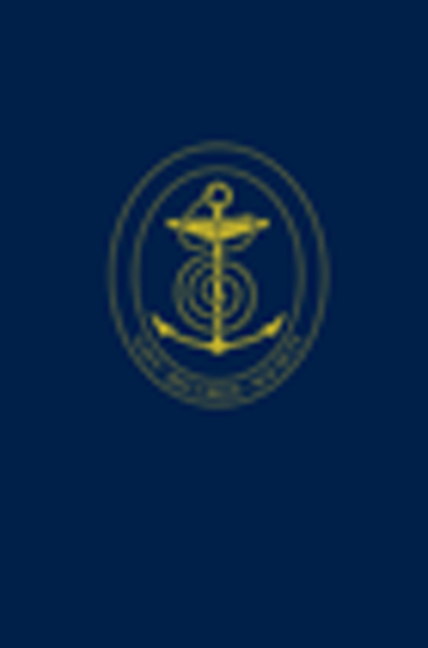Born in Germany as Heinz Lachmann, Hans Lachman began his musical career in film music and light music. After the Second World War, which he survived by hiding in the Limburg province in the south-eastern part of the Netherlands, he started composing in a modern classical idiom, building up a considerable body of work, including Jewish liturgical music. It is hard to believe that his music, which had been so frequently broadcast, was later completely forgotten until 2008, when his scores were discovered in a damp garden shed.
Heinz Lachmann was born in Berlin on 7 March 1906, the son of Sigmund Lachmann, a physician, and Emma Löwy, a pianist who had studied at the Stern Conservatoire in Berlin. She gave him his first piano lessons. When his father died, the family ran into financial difficulties and his piano teacher Eugen Tetzel (1870–1936) offered to teach him free of charge. Embarrassed, Heinz refused; no one in his family believed in a career for him as a musician. In the 1920s he enrolled at the university to study mathematics and physics. To finance his studies, he played the trombone. His professors, to name only a few, were the likes of Albert Einstein, Niels Bohr and Max Planck, and they predicted for him a successful scientific future. Instead, Lachmann chose music.
In 1930, Carl Lindström AG, then a major record company, offered him a position as an arranger of light music for the orchestras of the bandleaders Dajos Béla (a Russian jazz violinist) and Otto Dobrindt (a German film-music composer). Lachmann played several wind and keyboard instruments. He also worked for Sid Kay's Fellows, Berlin's first jazz band, and the house band of the renowned swing establishment Haus Vaterland. At that time, he was also engaged as a musician and arranger for the Nelson Revue, a cabaret troupe in 1930s Berlin, and the film company Universal.
In 1931, he married Tea Warszawski, an illustrator. Shortly after the National Socialists’ seizure of power in 1933, they fled Berlin. They settled in Amsterdam, on the Haarlemmermeerstraat 62-II, and Lachmann joined the Tuschinski Orchestra led by Max Tak, working as a trombonist and arranger. In 1935, their son Michael was born.

